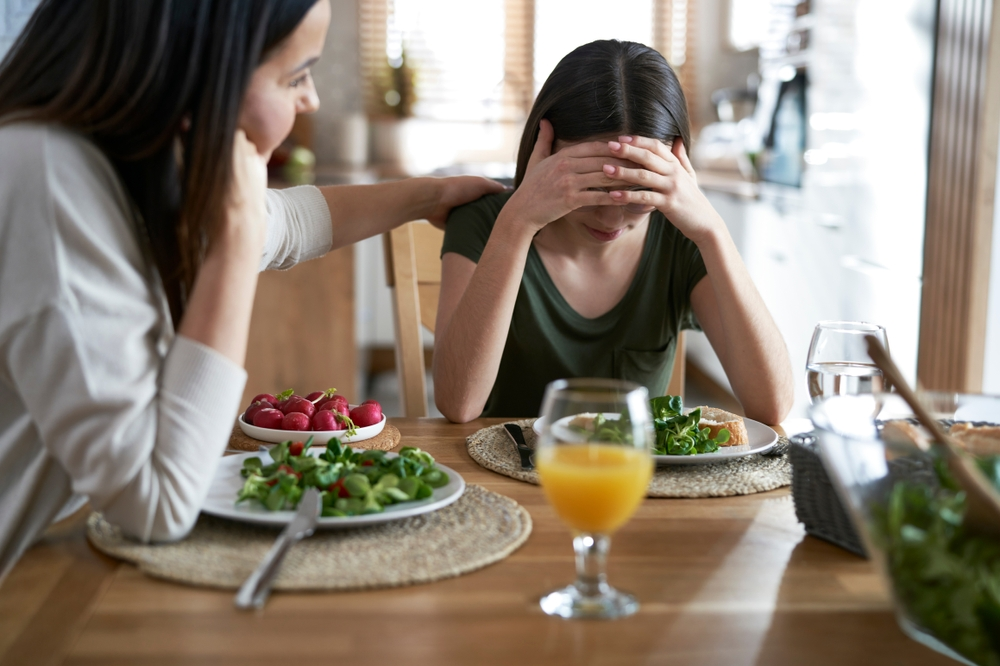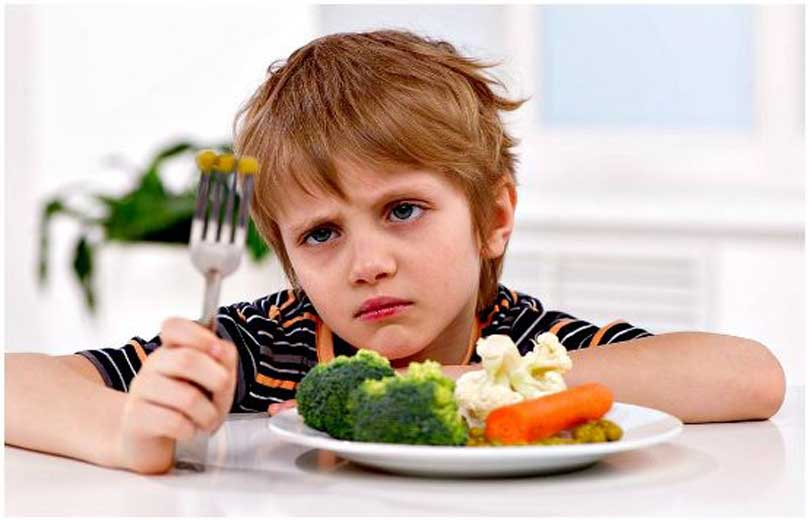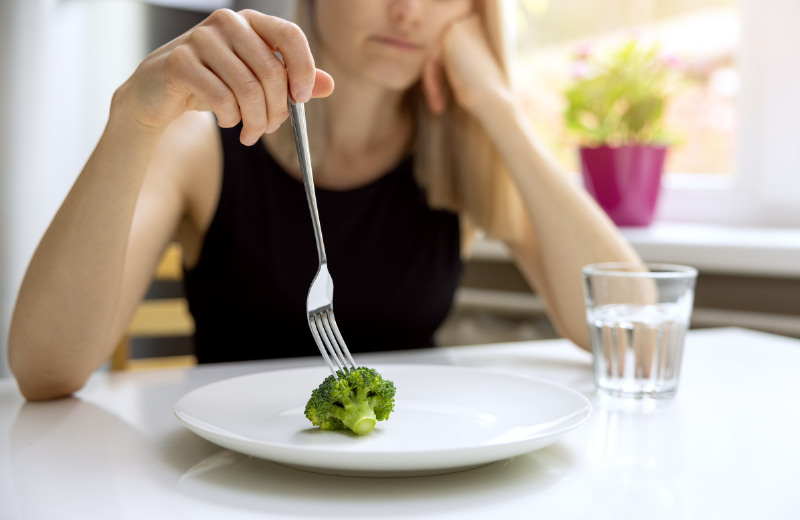Intro: Starting recovery feels like standing at the edge of a forest—daunting yet full of promise. Here’s your compass for beginning the journey home to yourself.
1:Planting Your “Why”: The Foundation of Recovery
Clarity precedes courage
Discovering Your North Star
Recovery requires a purpose stronger than fear:
- Not: “I should recover because others worry”
- But: “I want to laugh freely at dinners without calculating calories”
- Or: “I dream of hiking without dizziness”
Try this: Write a letter to your future self: “Dear Stronger Me,Today I chose recovery because I want to feel the sun on my face without worrying about ______. I can’t wait until we can ______ again.”
Honoring Resistance The eating disorder voice will protest: → “You’ll lose control!” → Counter: “True control is choosing health” → “You’re not sick enough” → Counter: “Suffering shouldn’t be a competition”
Wisdom from Mia (3 years recovered): “My turning point? Realizing my eating disorder wasn’t protecting me—it was preventing me from comforting my crying niece because I was too weak to lift her.”
Building Your “Recovery Team”
| Role | How They Help |
| Compassionate Friend | Texts “Thinking of you” before tough meals |
| Dietitian | Helps rebuild trust in hunger/fullness cues |
| Therapist | Unravels the “why” behind food rules |
| Mentor in Recovery | Whispered: “Relapse isn’t failure—it’s data” |
Note: It’s okay to “interview” professionals until you find someone who feels safe.
2:Redefining Nourishment: Beyond the Plate
Food is fuel AND medicine AND connection
The “Gentle Nutrition” Approach
Start where you are—not where others think you should be:
- Week 1: Add 1 teaspoon of peanut butter to safe foods
- Week 2: Replace diet soda with sparkling water + real fruit
- Week 3: Sit with a friend while they eat dessert (no pressure to join)
Real story: James began by eating fries once weekly at his favorite park bench. The ritual reminded him food could be joyful.
Rebuilding Body Trust
Reconnect through small experiments:
- Before eating: Place hand on stomach—breathe for 20 seconds
- During meals: Pause halfway—ask: “Does this taste good?”
- After eating: Journal sensations: “My hands feel warmer”
Combatting “Food Morality”
Replace judgmental language:
| Instead of… | Try… |
| “Good” vs. “bad” foods | “Everyday” & “sometimes” foods |
| “Cheat day” | “Taste celebration day” |
| “Burning off” calories | “Moving for energy” |
Key insight: Eating cake doesn’t make you “bad”—just human.
3:Creating Your Recovery Sanctuary
Safety precedes growth
Physical Space Adjustments
- Kitchen: Cover calorie-counting appliances (scale, tracker apps)
- Bedroom: Hang affirmations: “Rest is productive”
- Bathroom: Remove full-length mirrors temporarily
Digital Boundaries
- Unfollow accounts using #thinspo or #fitspo
- Set app limits: 15 min/day on food-tracking apps
- Join recovery communities: @recoverywarriors @neda
Daily Non-Negotiables
Anchor yourself with 3 constants:
- Morning: 5 minutes of sunlight before checking phone
- Midday: Eat something before 11 AM (even if just yogurt)
- Evening: Write 1 kindness: “I’m proud I drank water today”
Why it works: Predictability reduces anxiety’s grip.
4:Navigating Setbacks Without Self-Attack
Relapse is part of recovery—not its opposite
The “Curiosity Over Criticism” Framework
When slipping occurs:
- Observe: “I skipped lunch because work stress spiked”
- Investigate: “What could help next time? Maybe desk snacks?”
- Adjust: “I’ll set a ‘nourish alarm’ for busy days”
Your Relapse Prevention Kit
Keep accessible:
- Fidget toys for anxiety spikes
- Photos of meaningful moments (e.g., graduation day)
- Playlist titled “When ED Lies” (songs affirming worth)
Words That Heal vs. Harm
| When You Feel… | Say This… |
| Guilty after eating | “My body deserved that fuel” |
| Urge to restrict | “This hunger is information, not weakness” |
| Body shame | “This body carried me through ______” |
From therapist Dr. Anita Johnston: “Eating disorders are like tornadoes—they thrive in emotional vacuums. Fill the space with compassion.”
Conclusion: The Unfolding Journey
Recovery isn’t a destination—it’s learning to walk with your wounds while embracing life.
Signs You’re Already Healing
- Choosing a food craving over “shoulds” occasionally
- Noticing a sunset without body comparisons
- Saying “I’m struggling” instead of “I’m fine”
Your Gentle Reminders
- Progress ≠ Perfection: One challenging meal doesn’t erase weeks of courage
- Comparison Steals Joy: Your journey is uniquely yours
- Rest Is Resistance: Against a culture that glorifies exhaustion
As author Glennon Doyle writes: “You can’t hate yourself into a version of yourself you can love.” Recovery begins the moment you whisper: “Maybe I don’t have to fight my body. Maybe we can be allies.”
Start small. Start scared. Start anyway. With each bite, each breath, each moment of self-kindness, you’re rebuilding a home within yourself—one where the dining table is set with compassion, and the door is always open to joy. You belong here.


